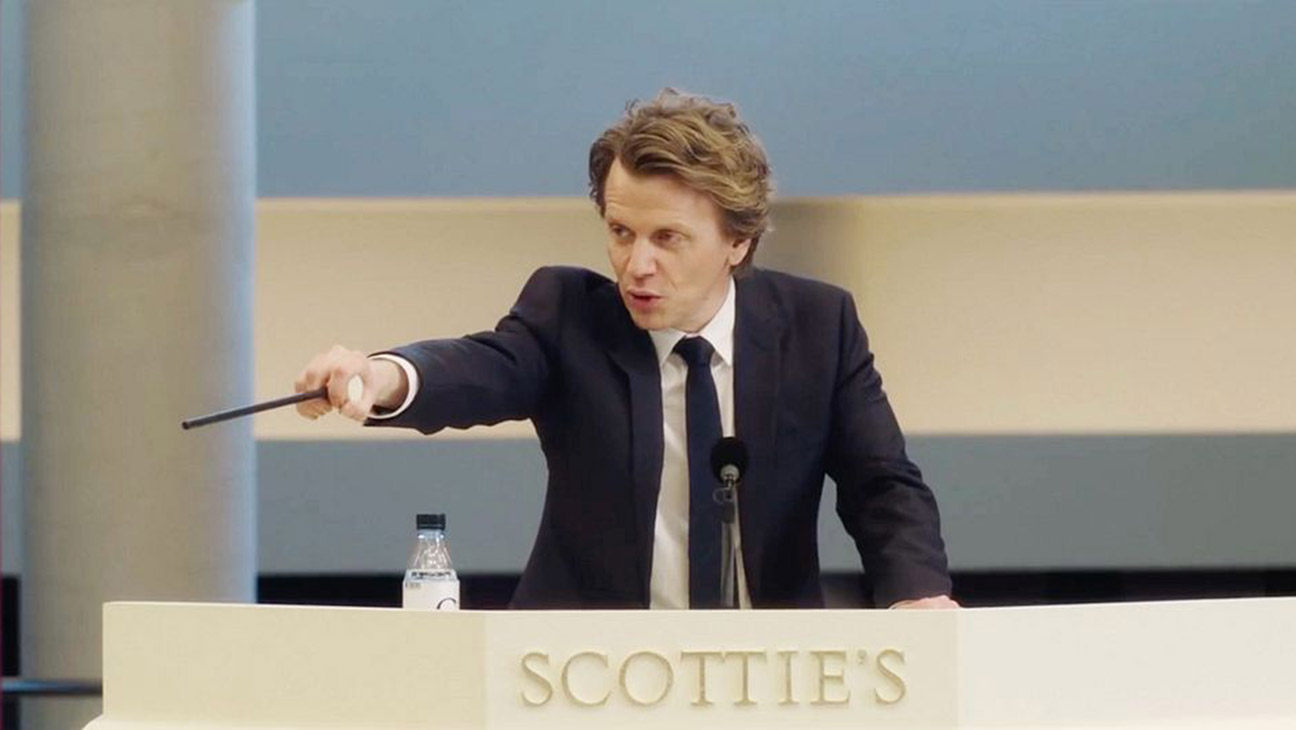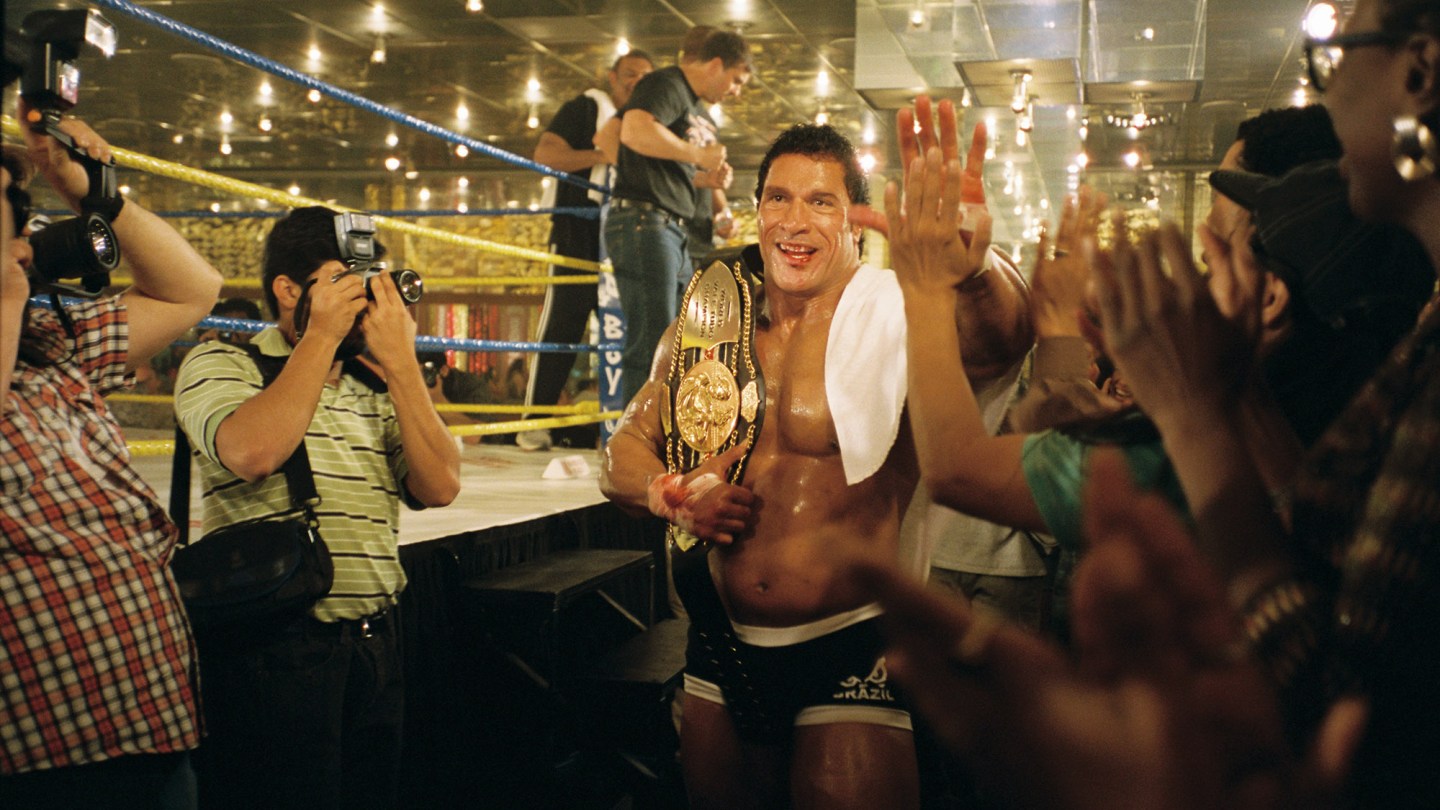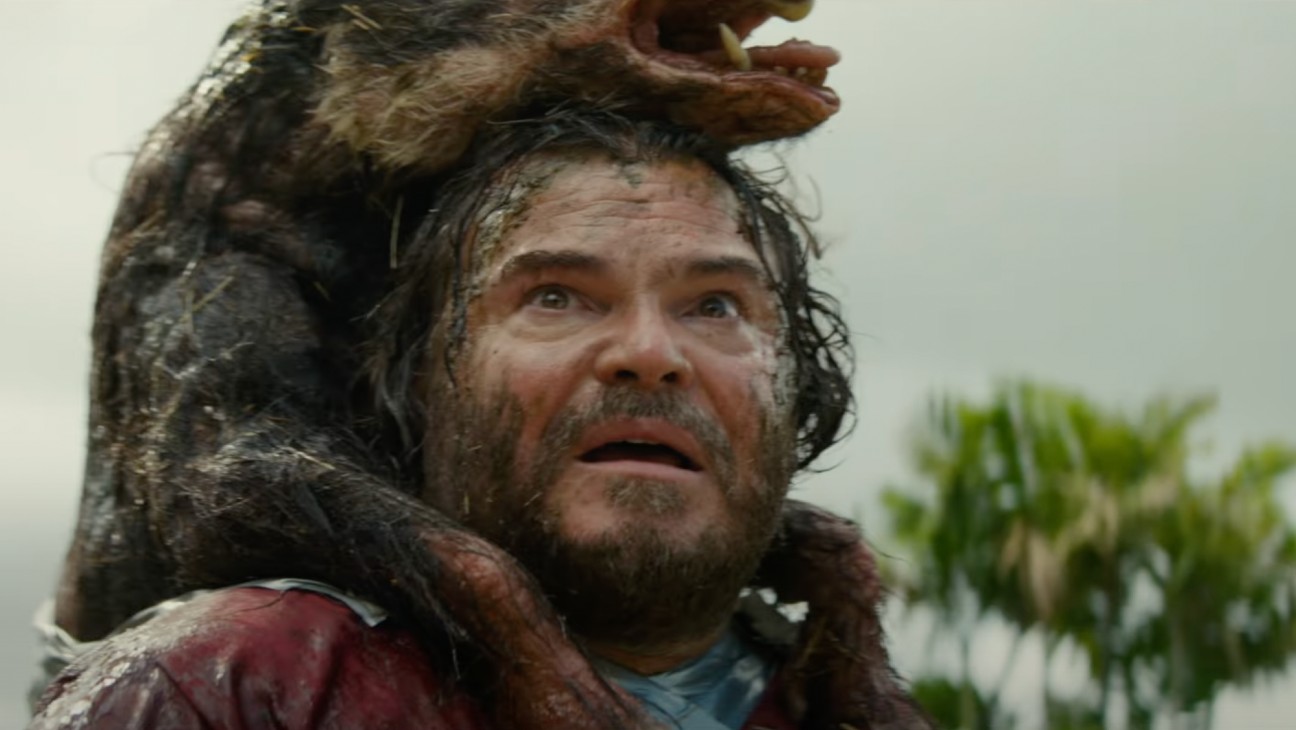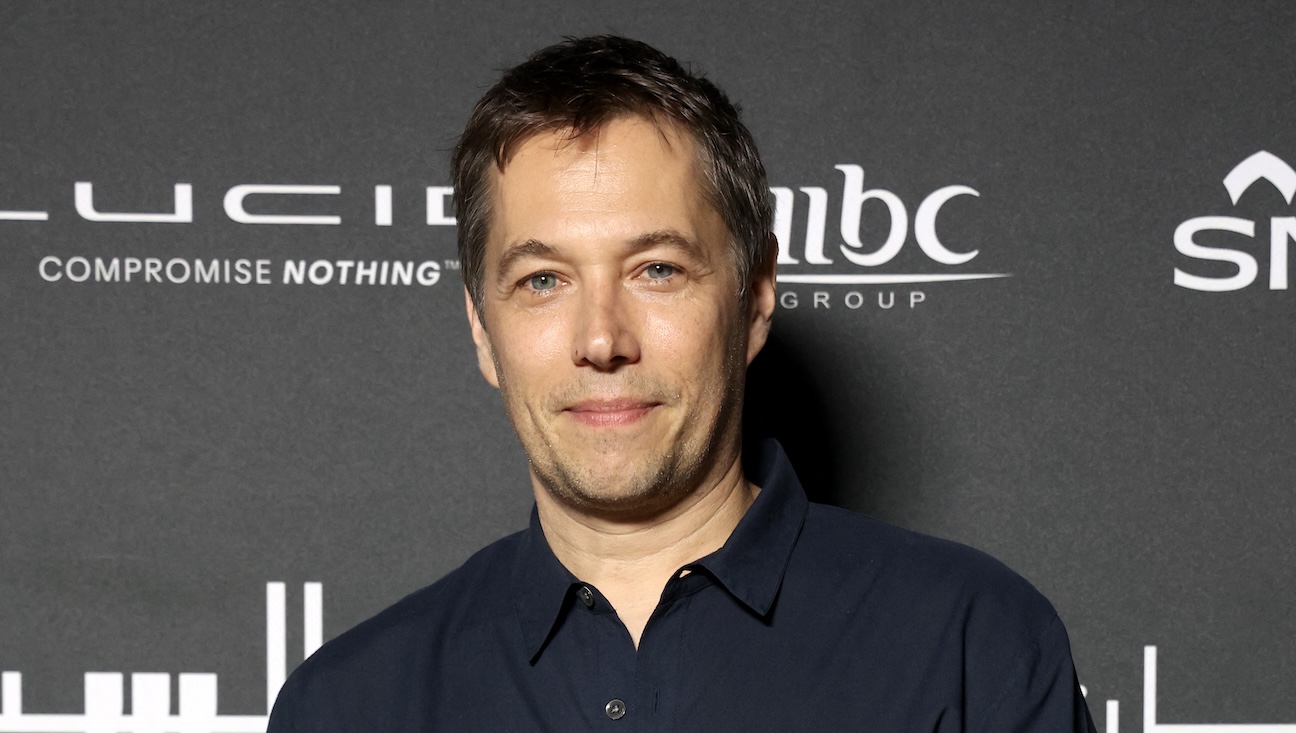In the cutthroat world of art auctions, where a single painting can reap millions in commissions for powerhouse institutions like Christie’s or Sotheby’s, there’s little room for error and perhaps even less room for ethics.
It’s all the more surprising, then, that French writer-director Pascal Bonitzer’s new feature, Auction (Le tableau voléau), is a true art world story in which human virtue somehow manages to prevail, even if it takes a while for it to show its pretty face.
Auction
Clever, if too comforting.
Set in a shark tank of lawyers, heirs, experts and auctioneers circling a prized painting uncovered in the home of a blue-collar family, this trenchant dramedy shows that Bonitzer, who penned scripts for the likes of Jacques Rivette and André Téchiné, still has a knack for cutting dialogue and unexpected turnarounds. Not everything on screen ultimately works here, with certain characters and situations more credible than others. But the director manages to spin a clever modern-day morality tale mixing art, social class and big bucks.
Much of the action is centered on André (Alex Lutz), a passionate commissaire-priseur at the fictional yet realistic Scottie’s auction house in Paris. In the opening scene, we see André slickly dealing with the racist legatee of a million-Euro painting he’s hoping to sell, ignoring the woman’s diatribes to nab a hefty commission for himself.
André appears to be ruthless and, in many ways, he is, conniving against other auctioneers for one of Scottie’s top spots while constantly talking down to his assistant, Aurore (Louise Chevillotte), who reveals herself to have as sharp a tongue as her boss.
And yet when it comes to the discovery of Egon Schiele’s long lost 1914 work, Wilted Sunflowers, which is found by a young factory worker, Martin (Arcadi Radeff), in the attic of his modest house, André shows that he can be both deft and thoughtful.
The painting has a long, troubled history: It was bought by an Austrian Jewish collector, who was forced to hand it over to the Nazis before fleeing to the U.S during WWII. Then it somehow made its way to the working-class French city of Mulhouse, where it was sitting untouched for decades until Martin and his mother (Laurence Côte) dug it up among the belongings of their home’s previous owner, who has a rocky past himself.
The trajectory of the Schiele canvas is taken from events that happened in France back in 2006, when Wilted Sunflowers was sold by Christie’s for over $13 million. Bonitzer twists those facts into a story of clashing egos and huge commissions, with André doing his best to broker a sale while respecting the wishes of the paintings’ rightful heirs, as well of those of his money-hungry employer.
Lutz plays the film’s most convincing character: a crafty social climber who has his own luxury watch collection, but also understands the value of great art beyond its price tag. He may come across as the Gordon Gekko of auctioneers; in reality André is a man with a decent heart in a rather heartless world. The Schiele is thus the perfect opportunity for him to make a killing on the art market while proving that he’s actually a good guy.
The problem is that, except for a late twist involving a German expert who may be trying to upend the deal, André doesn’t face much opposition along the way. Auction has all the ingredients for a cogent social thriller, but never delivers enough in terms of conflict.
It’s more an amuse-bouche than a full meal, with subplots involving Martin’s hometown friends and Aurore’s family troubles failing to add much drama. Likewise for Andre’s ex-wife and fellow art fiend, Bertina (Léa Drucker), who weaves in and out of the narrative without making a major impact, though she does take a lot of baths for some reason.
Bonitzer has directed testier movies in the past — especially his scathing 1999 Paris comedy, Rien sur Robert — but at 79 years old he seems to have mellowed. This makes his latest film less compelling to watch, and yet encouraging in its message about people coming together for the greater good of modern art and historical reparation.
Auction also benefits from plenty of research (the director consulted dozens of French art experts) and authentic Parisian settings, including the original Drouot auction house, which has been around since the 1850s. It’s there that Aurore successfully haggles for a vintage coat she wears and gets complimented on throughout the film, proving there’s always value in old objects for those cunning enough to spot them.





